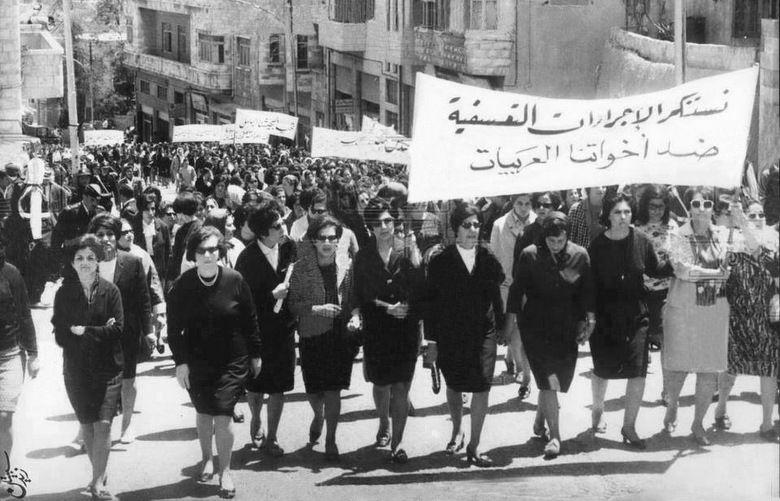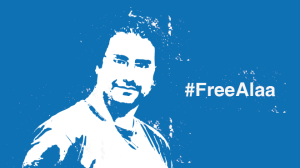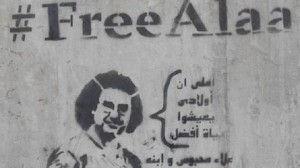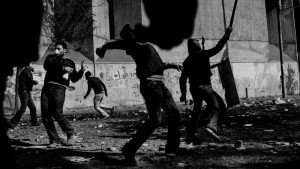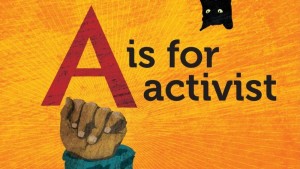
Citizens participate in a community forum
Written By: Ramsey Tesdell
A community forum in Salt was held recently to determine the needs and wants of the community in Salt. The Amman Institute, a spin off of the Amman municipality, organized the event after the Salt municipality solicited their help in developing a master plan for Salt. The event took place in the cultural center of Salt.
“We are planting the seeds of democracy today. Real democracy,” said Asma Al Khurausat, an organizer of the forum and urban planner with the Amman Institute for Urban Development.
“They are wasting our time,” remarked Rojai Nesheiwat, a mechanical engineer. “They are going to take our suggestions and do whatever they want anyway.”
As you can see, a wide variety of opinions were expressed at the community forum.
After a series of speeches, moderates joined each table and helped each table answer four questions: 1) What in Salt do you not like? 2) What do you like about Salt? 3) How do you see Salt in the future? 4) How do you see Salt’s identity?
Answers were written on large sheets of paper, and brought to the front of the room. A large map of Salt adorned each table and participants were asked to point out areas where problems or where things could be improved by writing directly on the map. Each table presented their ideas to the group.
It is easy to look at this event with a certain amount of cynicism; we have history on our side when we say such initiatives will fail and end up shriveling up into nothingness doing very little good, and more often than not, making things worse.
It is also very easy to dismiss last week’s exercise as a smoke screen for the institute’s own objects. Simple enough; ask the people what they want, ignore the feedback, and do what makes economic sense, not what makes sense for the community.

Men write suggestions on a map
The Amman Institute isn’t the first to study this problem. While maybe the first organization with the political power to do something about it, the Center for the Study of the Built Environment has thoroughly produced professional, and of exception quality, reports on Jordan and Amman in particular.
But after decades of unplanned or poorly planned infrastructure growth that has led to poorly maintained infrastructure, unbearable traffic problems, and a plethora of safety issues, the motivation to try to improve the situation has come from both sides of the political spectrum.
Amman’s mayor, Omar Maani, received a mandate from HM King Abdullah to develop a master plan for Amman in order to improve the services and civilian infrastructure of the city. With a wave of new investment and building taking place, Amman cannot handle more cars and people without studying the situation and develop solutions.
This led to the creation of the Amman Institute, which spun off from the municipality in order to work with other cities in Jordan.
On the other end of the political are the people of Jordan who are sick and tired of waiting in traffic jams, water and electricity services being unreliable, and a lack of public spaces to explore. Also floating around the citizenry are the endless stories of emergencies that need to be dealt with within minutes, and emergency services arriving hours later do to traffic or an inability to find the location.
The poor planning is due to a number of reasons: incompetent public officials, political inability of public officials to implement changes, successive waves of refugees from various wars around the region – most notable the Palestinians in 1948, 1967, and returning from the Gulf after the first Gulf War after Kuwait sent them ‘home,’ and more recently, Iraqis adding hundreds of thousands of people to the population.
It is easy to be cynical, but it is more important now to be encouraged and participate in the change. More, now than ever, exist opportunities for citizens to give their feedback to highest powers of the land, and have something be done about it.
Jordan is growing and changing dramatically and quickly. Without the participation of people whose lives will be impacted, the same mistakes will be made over and over again. Amman can’t take anymore unplanned growth.
The challenge is twofold: those with the charge to improve the situation need incorporate the feedback they received and will continue to receive, and actually incorporate in their plans; and the citizens needs to hold the public officials responsible for their actions.




